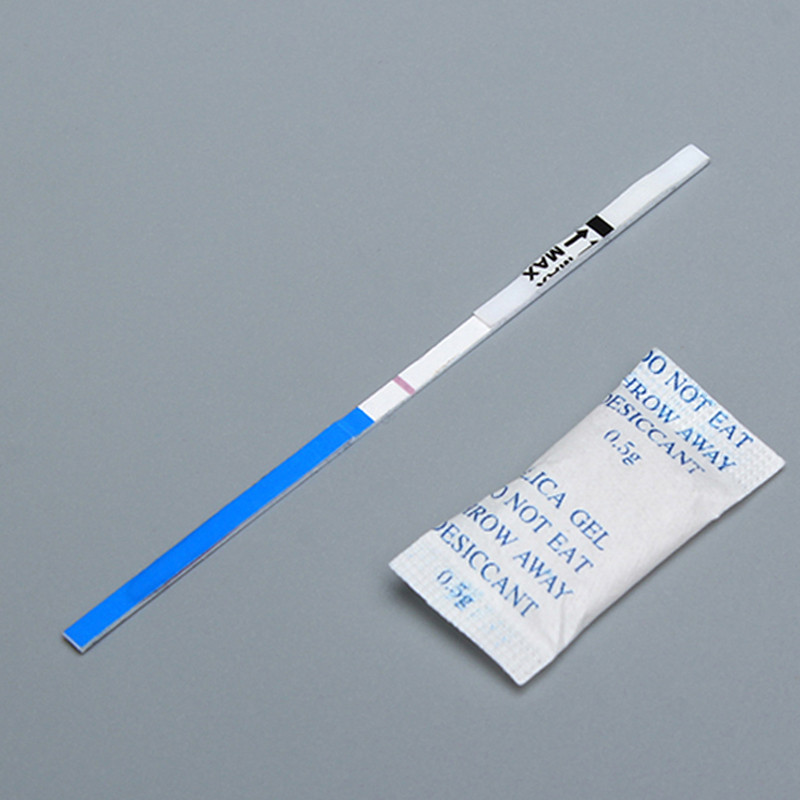Nov . 25, 2024 00:12 Back to list
Purchase HIV HBsAg HCV Test Kits from Leading Manufacturers Online
Exploring the Market for HIV, HBsAg, and HCV Testing Kits Key Manufacturers and Innovations
The increasing prevalence of chronic viral infections worldwide, namely Human Immunodeficiency Virus (HIV), Hepatitis B surface antigen (HBsAg), and Hepatitis C virus (HCV), has necessitated the need for rapid, reliable, and accessible testing solutions. As demand for these tests surges, numerous manufacturers are stepping up to provide modern diagnostic tools that meet global health standards. This article delves into the landscape of the market for HIV, HBsAg, and HCV testing kits, exploring key manufacturers, their innovations, and the implications for public health.
The Growing Need for Testing Kits
According to the World Health Organization (WHO), millions of individuals are living with undiagnosed HIV, Hepatitis B, and Hepatitis C. Early detection through testing is a critical component of managing and controlling these diseases. Testing kits not only provide results quickly but also encourage individuals to seek follow-up care, which is essential for managing viral loads and preventing transmission.
Key Manufacturers in the Testing Kit Market
Several manufacturers have gained prominence in the field of infectious disease testing. Some of the notable players include
1. Abbott Laboratories Known for its extensive portfolio of diagnostic products, Abbott has developed rapid tests for HIV and HCV that are highly regarded for their accuracy and ease of use. Their BinaxNOW HIV test is particularly noteworthy for its ability to deliver results within 15 minutes, making it an excellent option for point-of-care testing.
2. Roche Diagnostics As a leader in in-vitro diagnostics, Roche has produced advanced serological testing kits that not only detect HIV and HBsAg but also provide quantitative results for HCV. Their tests are widely used in both clinical and community settings, ensuring patients receive timely diagnoses.
3. Cepheid This company is renowned for its innovative GeneXpert systems, which utilize molecular testing to detect HIV and HCV rapidly. The system's portability allows for testing in remote areas, contributing significantly to public health initiatives in underserved populations.
buy hiv hbsag hcv test manufacturer

4. Orasure Technologies Orasure is a pioneer in oral-fluid-based testing. Their oral HIV test provides a non-invasive option for individuals who may be hesitant to undergo traditional blood tests, thus broadening access to testing.
5. SD Biosensor A key player in the development of rapid diagnostic tests, SD Biosensor has introduced products that can detect not just HIV but also HBsAg and HCV in a single kit. This multiplexing capability is particularly valuable in resource-limited settings.
Innovations Shaping the Future
The landscape of testing kits is rapidly evolving, driven by technological advancements and the necessity for rapid diagnostics. Some of the key trends include
- Point-of-Care Testing The shift towards point-of-care testing is significant. Patients can receive results in under 30 minutes, allowing for immediate counseling and treatment initiation.
- Home Testing Kits To increase accessibility, companies are also exploring home testing options. These kits empower individuals to take charge of their health without the stigma often associated with visiting clinics.
- Artificial Intelligence Integrating AI into diagnostic processes enhances accuracy and improves the interpretation of results. This promises to reduce misdiagnosis and ensure patients receive appropriate care more efficiently.
Conclusion
The market for HIV, HBsAg, and HCV testing kits is vital to global health efforts in managing viral infections. As manufacturers continue to innovate and expand their offerings, the importance of reliable and accessible testing cannot be overstated. By making these tools more widely available, we can contribute significantly to early diagnosis, treatment, and ultimately, the reduction of transmission rates across communities. As we look to the future, the collaboration between manufacturers, healthcare providers, and public health organizations will be essential in combating these pervasive health challenges.
-
Dengue NS1 Rapid Diagnostic Test Kit
NewsMar.07,2025
-
Dengue NS1 Rapid Diagnostic Test Kit
NewsMar.07,2025
-
Dengue NS1 Rapid Diagnostic Test Kit
NewsMar.07,2025
-
Transferrin Rapid Test Cassette Tumor Marker TF Card
NewsMar.07,2025
-
Malaria Pf Pan Rapid Diagnostic Test Kit
NewsMar.07,2025
-
malaria pf / pan ag rapid test
NewsMar.07,2025

